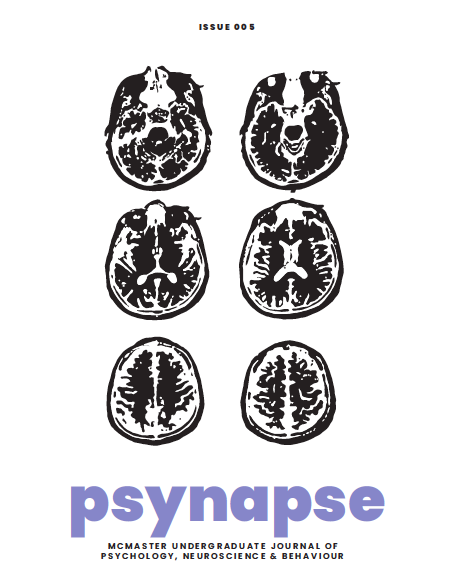Time perception in mood disorders: A meta-analysis
Abstract
Background: Depressive patients frequently report perceiving time as passing slowly, while manic and hypomanic patients report perceiving time as passing quickly. However, existing investigations into whether mood disorders affect objective and subjective time perception more significantly than that of the systematic errors produced by healthy adults have yielded inconclusive results.
Purpose: The present meta-analysis synthesizes current findings on time perception in those with mood disorders, including studies with subjective measurements of time experience and those with objective measures of time estimation, time production, time reproduction, and duration discrimination.
Methods: The current meta-analysis utilizes the framework detailed by Shelby and Vaske (2008). Medline, PsycInfo, and Web of Science were searched with key terms and strategies reviewed by a research librarian, and results were imported into Covidence management software. The inclusion criteria involved any publications in English that reported the mean and standard deviation of performances of both a control and a depressive or bipolar group on at least one of the five relevant tasks. Data was extracted, processed, then analyzed based on a priori subgroups and through a classical random-effects model on Review Manager 5.
Results: 1711 studies were identified, and after duplicates were removed, 1299 records’ titles and abstracts were screened. 68 full-texts were reviewed and 13 studies were included for analysis. Statistically significant differences between controls and depressive groups included the latter performing worse at discriminating short (1 to 30 seconds) intervals, producing shorter medium (30 seconds to 10 minutes) intervals, and reporting slower time experience. Only the last two findings drew upon a sufficient number of (three or more) studies. Statistically significant differences between controls and bipolar (manic or hypomanic) groups included the latter estimating long (>10 minutes) intervals to be longer, producing and reproducing shorter medium intervals, and reporting faster time experience. None drew upon a sufficient number of studies. The impacts of medications, diagnostic criteria, subtypes of depression, whether counting was permitted when performing objective tasks, and time perception in bipolar patients in general have not been investigated in existing literature in sufficient detail. This contributes to the high heterogeneity that existed in most subgroup analyses with the exception of time experience and long interval time estimation task results for depressive groups.
Conclusion: Though those with mood disorders report distorted time perception, mood disorders have limited effects on medium interval time production tasks only, whereas other time perception measures remain unaffected by depressive and bipolar disorders.


